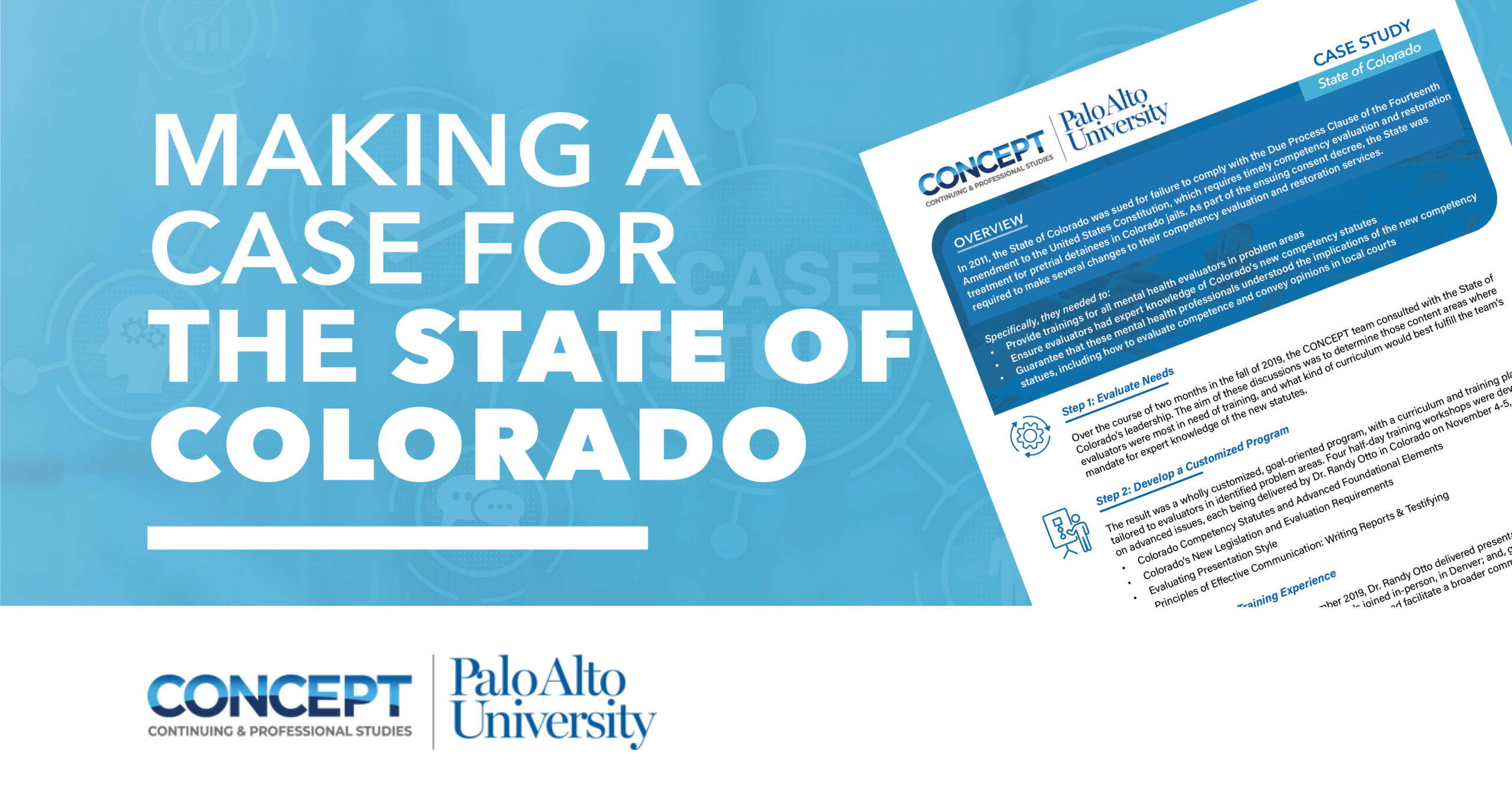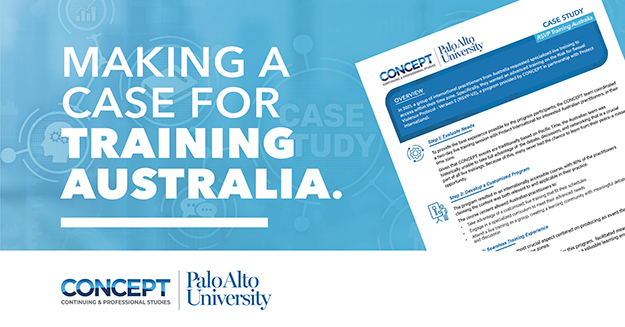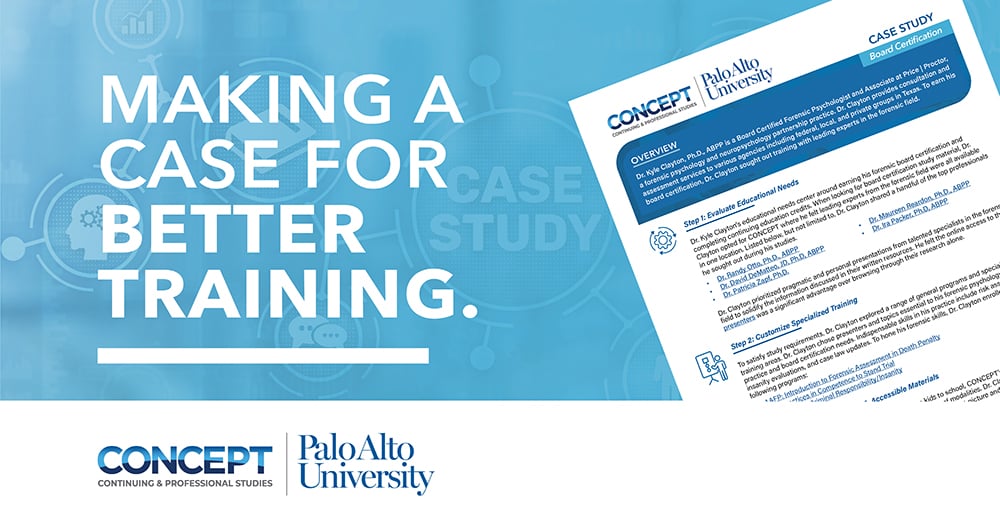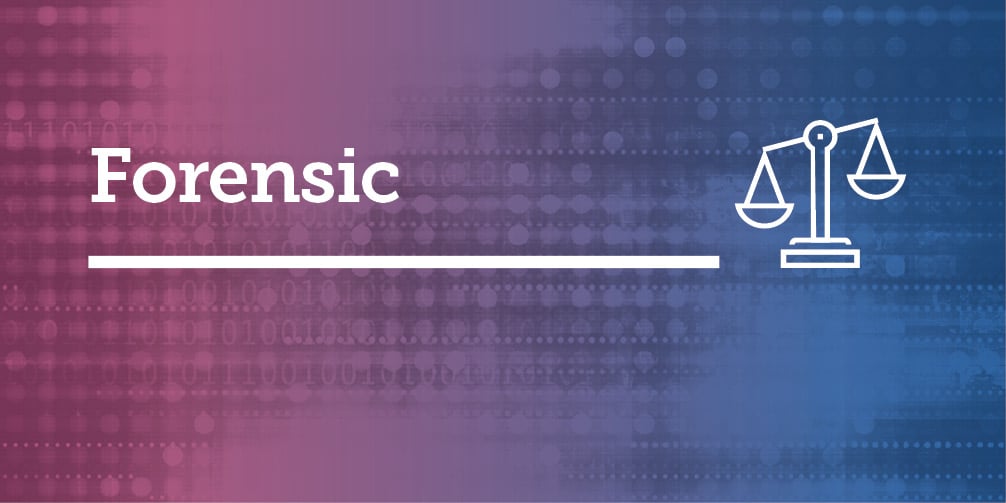In 2011, the State of Colorado was sued for failure to comply with the Due Process Clause of the Fourteenth Amendment to the United States Constitution, which requires timely competency evaluation and restoration treatment for pretrial detainees in Colorado jails. As part of the ensuing consent decree, the State was required to make several changes to their competency evaluation and restoration services.
Specifically, they needed to:
- Provide trainings for all mental health evaluators in problem areas
- Ensure evaluators had expert knowledge of Colorado’s new competency statutes
- Guarantee that these mental health professionals understood the implications of the new competency statues, including how to evaluate competence and convey opinions in local courts
Step 1: Evaluate Needs
Over the course of two months in the fall of 2019, the CONCEPT team consulted with the State of Colorado’s leadership. The aim of these discussions was to determine those content areas where evaluators were most in need of training, and what kind of curriculum would best fulfill the team’s mandate for expert knowledge of the new statutes.
Step 2: Develop a Customized Program
The result was a wholly customized, goal-oriented program, with a curriculum and training plan tailored to evaluators in identified problem areas. Four half-day training workshops were developed on advanced issues, each being delivered by Dr. Randy Otto in Colorado on November 4-5, 2019:
- Colorado Competency Statutes and Advanced Foundational Elements
- Colorado’s New Legislation and Evaluation Requirements
- Evaluating Presentation Style
- Principles of Effective Communication: Writing Reports & Testifying
Step 3: Seamless Training Experience
Over the course of two days in November 2019, Dr. Randy Otto delivered presentations to the evaluators. All the participating professionals joined in-person, in Denver; and, given that these courses were live, meaningful discussions ensued that helped facilitate a broader community of learning.
Step 4: Assess Performance
To judge program success, we developed an evaluation that was sent to all participants. They were asked a variety of questions, assessing criteria across the board from the quality of the facilities to the influence of biases in the presenter’s delivery. Answers were given on a scale of 1 to 5, with 5 indicating strong agreement.
Step 5: Learnings
As a result of the training program, the evaluators’ knowledge and understanding increased, as demonstrated by expert knowledge of Colorado’s new statutes and their implications.
To ensure continuing success, the leadership team adopted and implemented the three-step process for formulating opinions that was presented in the training, as well as the new structured approach to report writing.
Step 6: Overall Reviews
- Overall, participants gave us a 4.31/5 when asked “How much did you learn as a result of this workshop?” That, along with a new, structured approach to court evaluations, deemed this program a success by the State of Colorado’s leadership team.
Step 7: Additionally, evaluators wrote in comments as well, sharing sentiments such as:
- “I really appreciated how the content was tailored to Colorado law and how it focused on more advanced competency-related information.”
- “I liked [the presenter’s] willingness to always answer questions (over lunch, dinner, on breaks…). He was always willing to enter into discussions, even when I’m sure he could use a break.”
- “Thanks again to Dr. Otto for being such a great presenter. I appreciated him sharing
personal experiences, engaging the group, and navigating challenging questions
about Colorado’s changing statutes and protocols.”
Since its inception in 2009, CONCEPT has built a strong reputation by providing high-quality professional training to over 27,000 mental health professionals in 72 countries. With an extensive database of over 50,000 mental health professionals, CONCEPT offers over 1,000 hours of training content in forensic mental health which will be further expanded as it merges content with PAU course offerings. All training programs are based on the latest research and evidence-based practices, which enables participants to incorporate relevant, up-to-date information based on a solid scientific foundation into their practice. In addition to professional training, CONCEPT provides free resources to promote lifelong learning and to allow participants to stay at the top of their practice throughout their careers.














